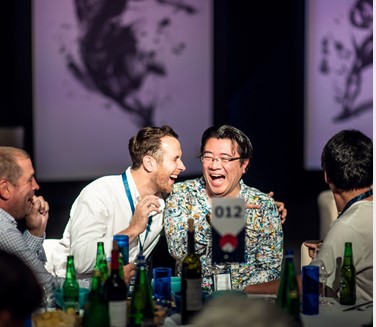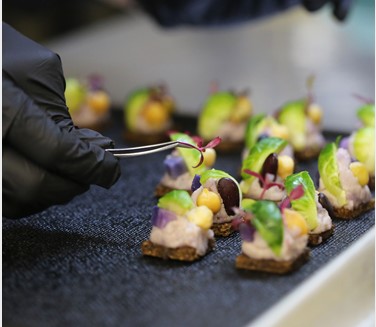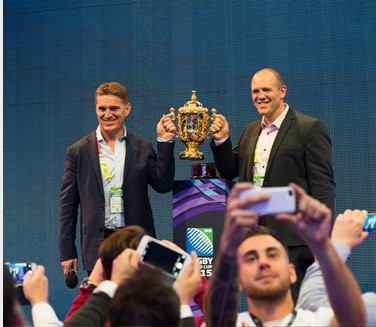MAKING THE MEMORABLE, UNFORGETTABLE.
STH Group takes fans to the heart of the action at the biggest sporting events in the world
We work with major global sports events, and carefully selected partners to take fans, businesses and clients to the finest sports Hospitality and Travel experiences. Be among the crowd as the world’s best athletes compete, hear the stadium roar with excitement and be a part of history, experiencing moments of a lifetime first hand, all with the additional extras of an Official Hospitality or Travel package.
Choose from a large range of Official Hospitality and Travel Packages at a number of national and global sporting events, including Roland-Garros, The Australian Open, Indy500 Scott Mclaughlin Experience and ICC Men’s T20 World Cup West Indies & USA, plus many other national and global sporting events.
STH Group sets a new standard for premium spectator experiences and provides unrivalled Official Hospitality and Travel packages, with the best available tickets included. Whether you are looking for corporate entertainment, exclusive experiences, once-in-a-lifetime moments or want to enjoy your favourite sport in style, STH Group guarantees our guests an experience they will never forget. Sign up now to be the first to hear about our unique sporting experiences.
Sign up now to be the first to hear about our unique sporting experiences.
Global Sporting Events
Sign up to STH Group to get early access
to all event releases
Sign up to receive marketing communications (including emails, direct mail or telephone calls) from STH Group to hear about the latest news and offers.







